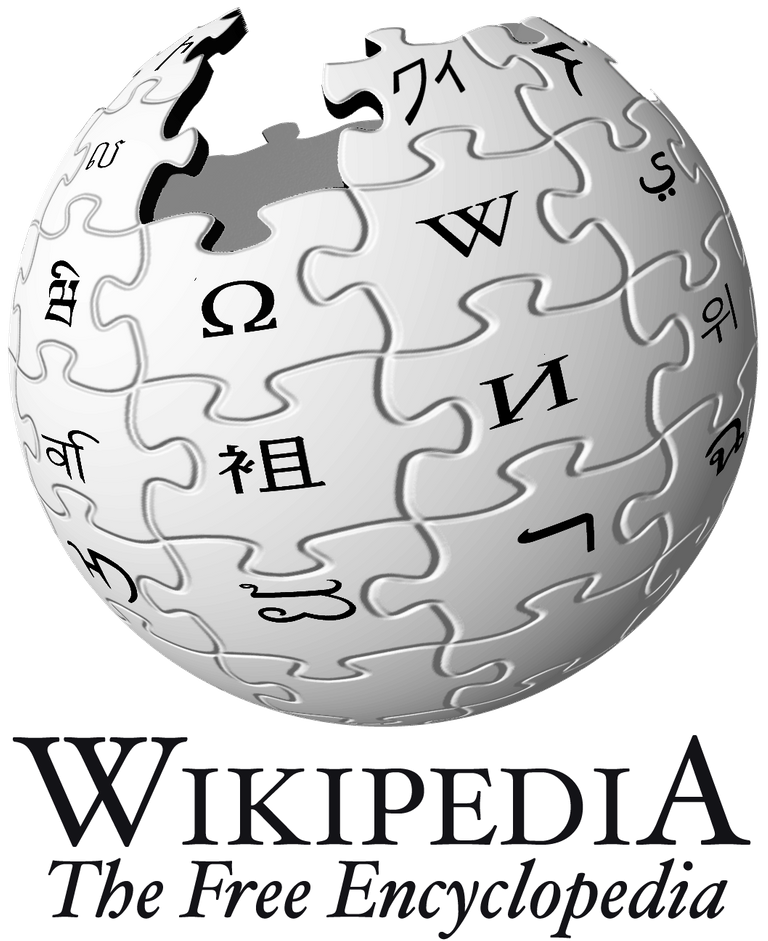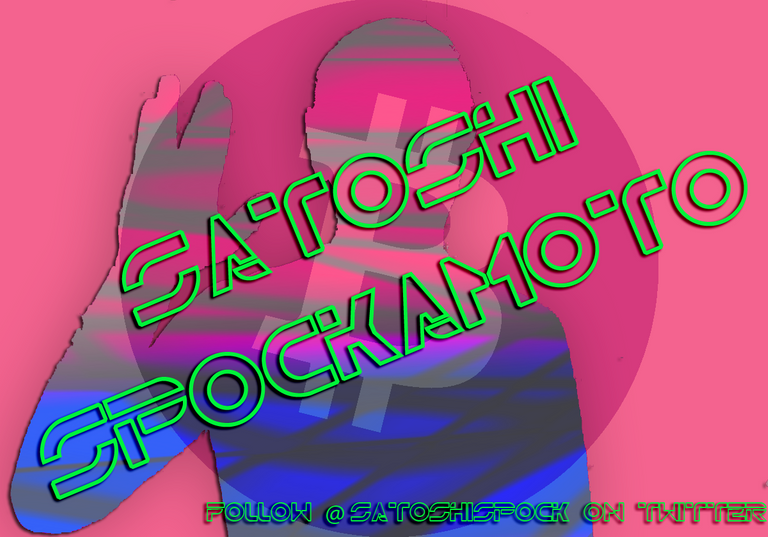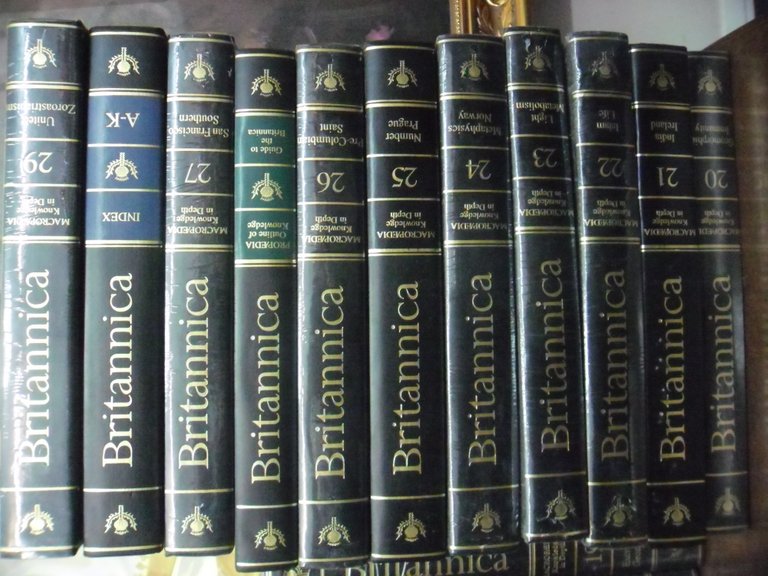While EOS has been closing on it’s (now extended) launch, we’ve all been excitedly anticipating how everything is going to pan out. Regardless of the price, the unique style of launch involving multiple companies fighting to become block producers could completely reshape the way ICO’s will be doing platform launches in the future. This method of creating a 100% decentralized blockchain platform, while difficult, will surely revolutionize how we think of ICO’s and regardless of price action, will ultimately pump the value of EOS in the future if successful. While that’s all well and good and an interesting article within it’s self, I’d like to shine some light on a project that’s been overshadowed a bit by the EOS launch, namely Everipedia.
If you grew up before the 90’s you probably remember these.
Before the internet, if you wanted to look something up about our world, you’d have to go to the library or order these expensive, bulky books that were updated periodically, limited to their own contents, and difficult to reference. The information that got put into these encyclopedias were controlled by the company and it was difficult to submit new information to them.

When the internet came along, we were introduced to Wikipedia, a revolutionary super encyclopedia that expanded the user’s ease of access to information and made submitting new information a little bit easier and and more relaxed. Furthermore, more controversial websites that provided similar functions, such as Wikileaks and Encyclopedia Dramatica or more specialized wikis for different sub cultures and niches started popping up as well as the internet started to grow exponentially and branch off to new servers that could support the information. The issue with these sites however, is that while useful, there’s still major problem with centralized authority to information, what is seen, what is censored and what is considered factual and because of this, Wikipedia information is still isn’t considered a fully trusted reference for more high profile scholastic research. To fix this issue, we have Everipedia.
On May 17th in Stockholm Sweden, Larry Sanger, the creator of Wikipedia, got on stage at Bloxpo to tell us all a little bit about Everipedia. Larry left Wikipedia in 2015 and got to work building a new platform that would work out all of the issues and kinks that Wikipedia was having with it’s centralization and censorship of information. He started working with Sam Kazemian, Theodor Forselius, Travis Moore, Mahbod Moghadam, George Beall, and Christian Deciga to fix this and was able to form Everipedia, sort of as a fork of Wikipedia. Everipedia aims to allow users to upload their own articles to Everipedia and earn IQ tokens for posting their content. Users can then evaluate and fact check articles with a monetary incentive to do so. Users are able to post articles on anything they want, allowing for a more open and relaxed environment for learning and discovering new knowledge.
Some interesting benefits of Everipedia versus Wikipedia is how the information is stored. Because the information is on the EOS platform, the information and the bulk of the site lives on the tokens themselves. This means there will be little to no server costs, allowing the platform to not have to be run strictly off donations or ad revenue, and once the site is hosted on EOS, it’s impossible to censor. This means that the platform can grow organically through user interaction and can not be tampered with for political or personal agendas.
Probably the most interesting aspect of this project is the fact that one of the main goals of this platform is to curb the ever growing threat of disinformation and fake news. The articles will be stored on the blockchain and will be fully transparent. For example, if a political party wanted to try to run a smear campaign on their opponent and tried to fabricate a bunch of bogus information on them on Everipedia, all of that information would be plain as day and easy to pinpoint and discover. This also creates an interesting perspective of border controlled news. Someone’s opinions and information on a more sensitive topic such as war or terrorism, are no longer biased to their particular countries stance or state of being. Furthermore, this might give us the opportunity to uncover some of history’s unsolved mysteries that might have been censored throughout history. This was the original vision for Wikipedia and will most likely be one of the biggest blockchain apps in the world, due to the fact that the platform is also massively in use.
Sounds great, how do I get my tokens?
Some great news if you’re worried about the price is that IQ tokens will not have an ICO presale, but instead will be airdropped to EOS holders as long as their wallets are registered with EOS. Everipedia has not yet given an exact date for their airdrop, but they have confirmed that they will be giving two weeks notice to the community and it is expected and speculated that it will occur late June or early July. If you’d like to learn more about this project, you can visit their website here.
What do you think? Do you have high hopes for Everipedia? Do you think it's going to flop? Let me know in the comments, I'd love to have a discussion about it. I hope you enjoyed the article, as always, go long and prosper.
-Satoshi Spockamoto


Everipedia is the future of blockchain.
WOW